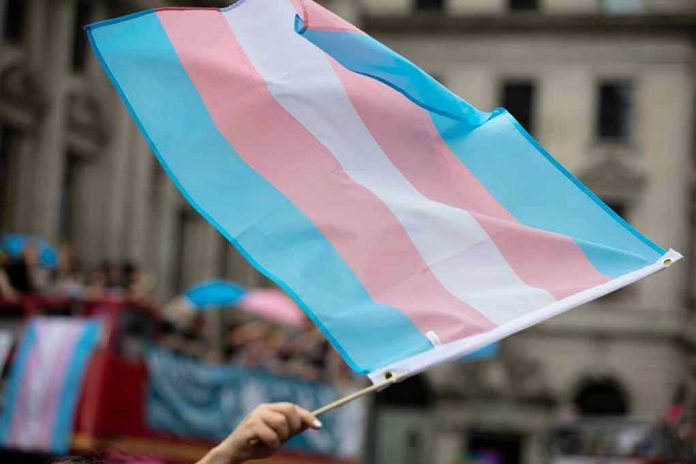
What happens when the line between legal definitions and personal identity gets blurred by political agendas? The EEOC’s latest move might just redefine workplace discrimination as we know it.
At a Glance
- EEOC aligns with Trump’s executive order redefining “sex” to biological terms.
- Transgender discrimination cases face higher scrutiny under new EEOC guidelines.
- Federal court vacates portions of EEOC’s 2024 guidance on LGBTQ+ protections.
- Legal uncertainty looms for employers amid shifting federal policies.
EEOC’s New Direction
The Equal Employment Opportunity Commission (EEOC), the agency responsible for enforcing workplace anti-discrimination laws, is now under the leadership of Andrea Lucas, a Trump appointee. The EEOC has recently aligned its policies with President Trump’s January 2025 executive order, which redefines “sex” in federal policy as strictly biological. This move has sparked controversy as it rolls back protections expanded during the Biden administration, which included gender identity under the definition of “sex.”
For transgender workers, this shift means that discrimination complaints will only proceed if they involve hiring, firing, or promotion, aligning narrowly with the Supreme Court’s Bostock decision. Broader issues like pronoun use or bathroom access are no longer on the table, reflecting a significant policy reversal that mirrors the broader national debate over LGBTQ+ rights.
Political and Legal Battles
Lucas’s policy realignment comes in the wake of a federal court ruling that vacated parts of the EEOC’s 2024 guidance on LGBTQ+ protections. The court ruled that the EEOC could not interpret “sex” under Title VII to include gender identity or sexual orientation. This legal battle highlights the ongoing tug-of-war between progressive and conservative interpretations of employment law.
Transgender workers now face increased hurdles in pursuing discrimination claims, as these cases are subject to higher scrutiny and require approval from the EEOC’s leadership. Meanwhile, employers find themselves in a legal quagmire, caught between conflicting federal guidance and court rulings, heightening compliance challenges and uncertainty.
Impact on Stakeholders
The policy shift has far-reaching implications for a range of stakeholders. Transgender and non-binary workers are hit the hardest, with diminished federal recourse for workplace discrimination. LGBTQ+ advocacy groups are likely to pivot their focus toward litigation and state-level protections as federal avenues narrow.
Employers across all sectors must now grapple with evolving federal and state requirements to mitigate legal exposure. As sectors with significant federal workforces or government contracts face heightened scrutiny, the risk of internal conflict could lead to increased employee dissatisfaction and turnover.
Outlook and Expert Analysis
Legal experts contend that the EEOC’s stance may not withstand further judicial scrutiny, pointing to the Supreme Court’s Bostock decision as a baseline for protecting gender identity under Title VII. Former EEOC commissioner Chai Feldblum criticized the policy as both a “slight improvement” over a total freeze and “legally improper,” underscoring the divisive nature of the changes.
On the conservative side, legal advocates support the EEOC’s return to a “biological” definition of sex, arguing it safeguards women’s rights and workplace privacy. However, this perspective clashes with that of many legal scholars and LGBTQ+ advocates, who argue that the policy undermines established civil rights protections.
Sources:
Nixon Peabody legal alert on EEOC and executive order
Fox News reporting on EEOC policy and leadership statements
Ogletree Deakins and Dorsey & Whitney legal analyses on court rulings and EEOC guidance
Dorsey & Whitney client alert on EEOC transgender workers



